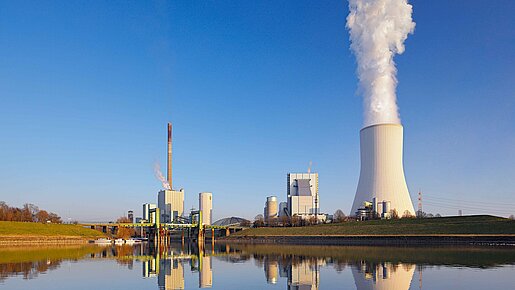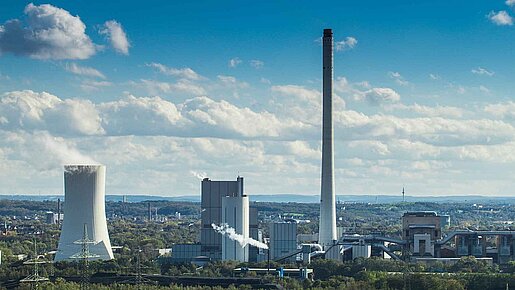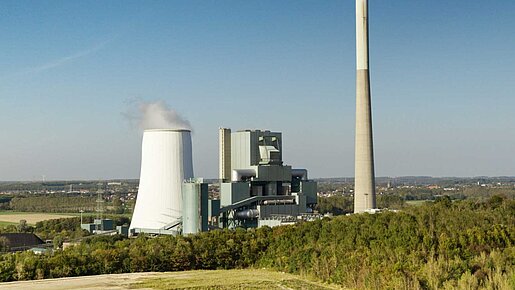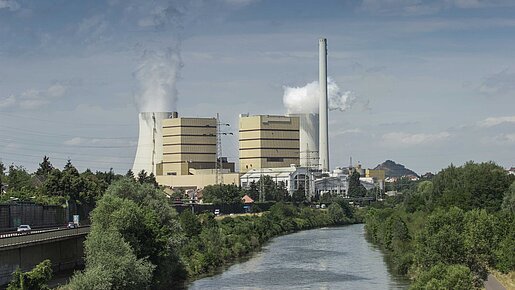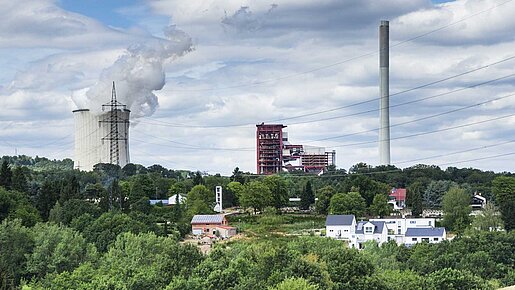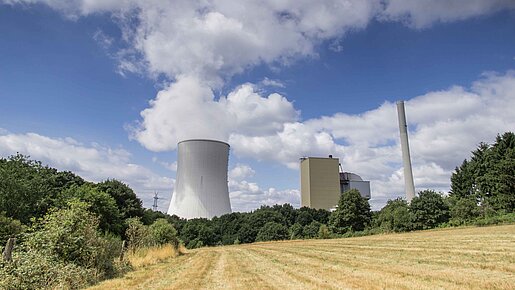Power plants in Germany
The share of controllable power generation based on conventional energy sources is steadily decreasing in the course of the energy transition, while the share of renewable energies in the electricity mix is steadily increasing. Nevertheless, conventional power plants will still be needed in the future to ensure the necessary security of supply for Germany as an industrial nation on its way to a largely emission-free energy future.
We are taking responsibility and have reduced our own domestic CO2 emissions by almost 85 percent between 1990 and today. But that's not all: Four more power plant units at the Bergkamen, Herne and Völklingen-Fenne sites will be decommissioned up to and including 2022. After that, only our latest-generation, highly efficient hard coal-fired power plant in Duisburg-Walsum will be in operation.
At the same time, with the construction of one of the world's most modern combined-cycle gas turbine power plants at the Herne site, we are not only securing the regional district heating supply in the Ruhr region, but also significantly reducing CO2 emissions in the middle of the Ruhr region by switching fuel from hard coal to natural gas. Even the use of green hydrogen is possible in the plant in the long term.
In addition, STEAG plans, builds and operates power plants and energy generation facilities on behalf of third parties (operational management). In Germany, for example, these include the young Trianel hard coal-fired power plant in Lünen, North Rhine-Westphalia, and the TotalEnergies refinery power plant in Leuna.
